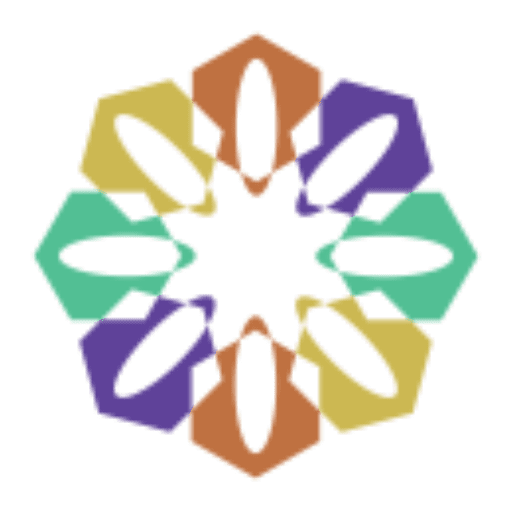Vision
ICCC envisions a society where women and children are free from violence, exploitation, and oppression, and have autonomy to thrive.
Mission
ICCC’s mission is to end coercive control as a form of violence against women and children by creating opportunities for collective education and awareness-building, and advocacy for positive and significant societal change and accountability.
What is coercive control?
Coercive control is a form of abuse that is rooted in power, control and gender inequality that can be found at all levels of society. On an individual level, coercive control is a form of abuse typically occurring in the context of intimate relationships, where the perpetrator aims to strip the victim of their autonomy. This gradual, often insidious abuse is largely psychological in nature, including the use of strategies such as manipulation, gaslighting, degradation, intimidation, and isolation. Coercive control may occur overtly and covertly, with targeted individuals perhaps missing the signs of their own abuse and/or systems complicit in the abusers campaign to erode the personhood and free will of the victim. The effects of this damaging behavior accumulates over time and is ultimately designed to deprive the targeted partner of the means needed for independence, resistance and escape through the use of threats, cruelty, regulation of everyday behaviors, and sometimes physical violence.
What happens in the private home is mirrored in society at large. Coercive control can be found in our institutions, organizations and governments.
- Micro Level: In intimate relationships – one partner exerting power and control over the other partner; a parent exerting power and control over a child.
- Mezzo Level: In systems such as family court, criminal justice and religious organizations – when these systems ignore or dismiss the exertion of coercive control on the Micro Level, they become complicit in the abuse of the victims on the Macro Level.
- Macro Level: In broader systems, such as government and institutions that fail to support and enforce policy that would prevent oppression, these macro structures, also complicit in the exertion of coercive control, create barriers that further oppress groups of people, particularly women and children.
Why do we need a conference about coercive control?
As Evan Stark says, “Security, dignity, autonomy and liberty are rights that are universally recognized as worthy of state protection,” and coercive control is an offense against all of these human rights.
As a society, identifying and responding appropriately to coercive control should concern us all. We cannot have a just society as long as people are allowed to entrap and terrorize their spouse, partner or children in personal life. Coercive control deprives the victim/survivor of the right to liberty, stifles their access to rights, and prevents them from practicing freedom – we regard this as a basic human rights issue.
Coercive control continues to be a vehicle for oppression that is overlooked by most nation states and society at large. Instead, we fixate on policing only ‘domestic violence incidents’ in complete isolation from the overall pattern of behavior and the greater context of extreme gender inequality. And yet, research shows a close correlation between coercive control and domestic violence femicide and familicide. In the home, coercive control is a pattern of behavior that typically escalates as it repeats and tends to follow a predictable timeline – and by the time physical violence occurs, it is often lethal and it is too late for intervention. We need to learn to identify and acknowledge coercive control so that we as a society can take real, practical measures to intervene, prevent, and stop these highly predictable catastrophes.
But we also must recognize that, as Stark says, “gender violence and coercive control in personal life is an important cause of inequality, because in denying women the social and economic prerequisites for independence and freedom, it puts women on an unequal footing with men. Constraints in personal life remains a major source of sexual inequality that affect overall social progress.” Taken together, this makes a vicious circle that we are here to disrupt.
CURRENT STEERING COMMITTEE MEMBERS
Renee Beeker, National Family Court Watch Project
Allen Corben, NOMAS
Kendra Doychak, John Jay College of Criminal Justice
Chitra Raghavan, John Jay College of Criminal Justice
Teri Yuan, Engendered Collective
FORMER COMMITTEE MEMBERS
Michael Duarte
Lis Hoyte
Kim Kerr
FOUNDING PARTNERS
Katie Amber, End Coercive Control USA
Renee Beeker, National Family Court Watch Project
Christine Cocchiola, Social Worker and Advocate
Karen Gosbee, Shaw Family Foundation
Min Grob, Coercive Control Chat
Susan Scrupski, Glorious Alone Productions
Elizabeth Stewart-Williams, Family Court Ombudsman Services
Teri Yuan, Engendered Collective
